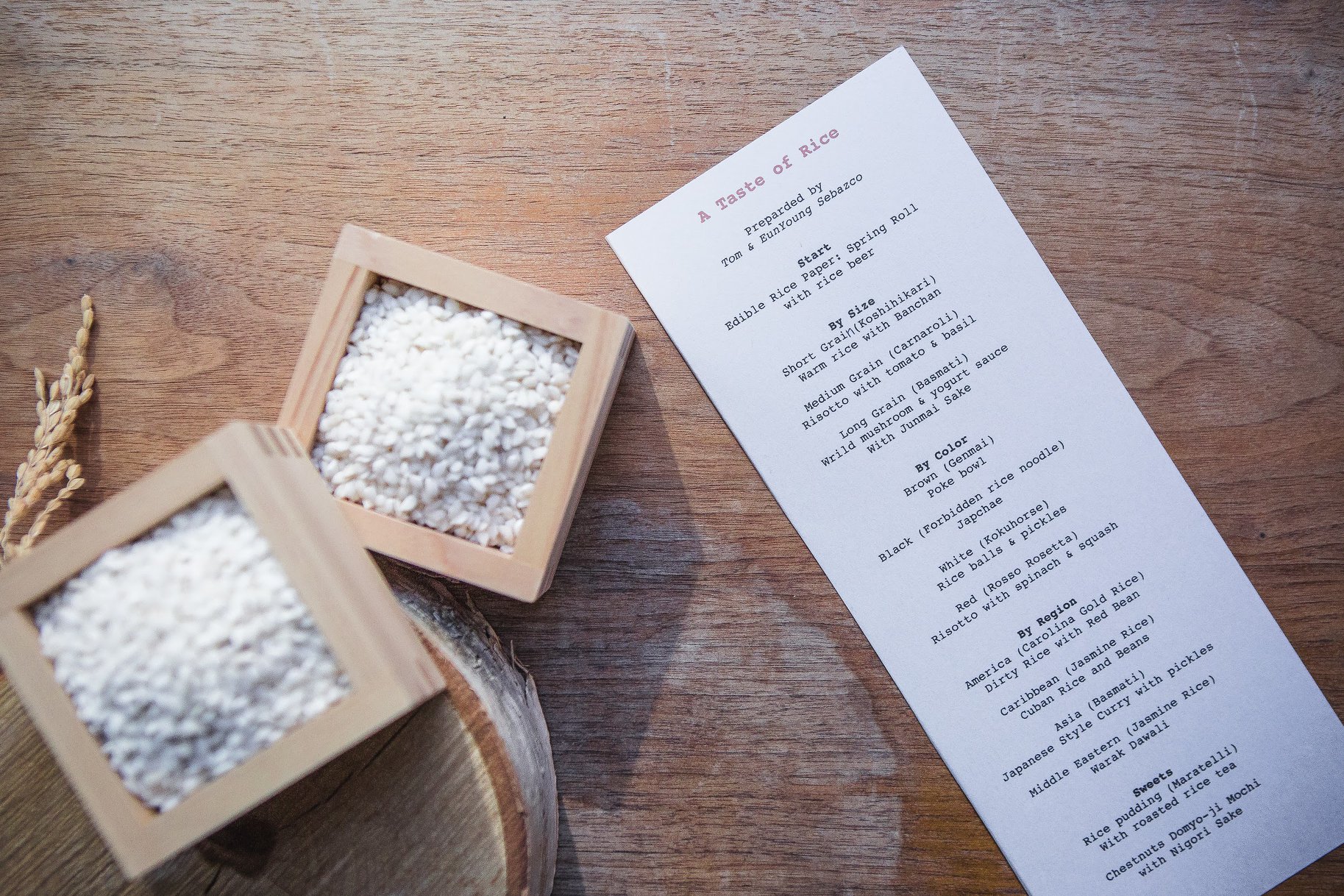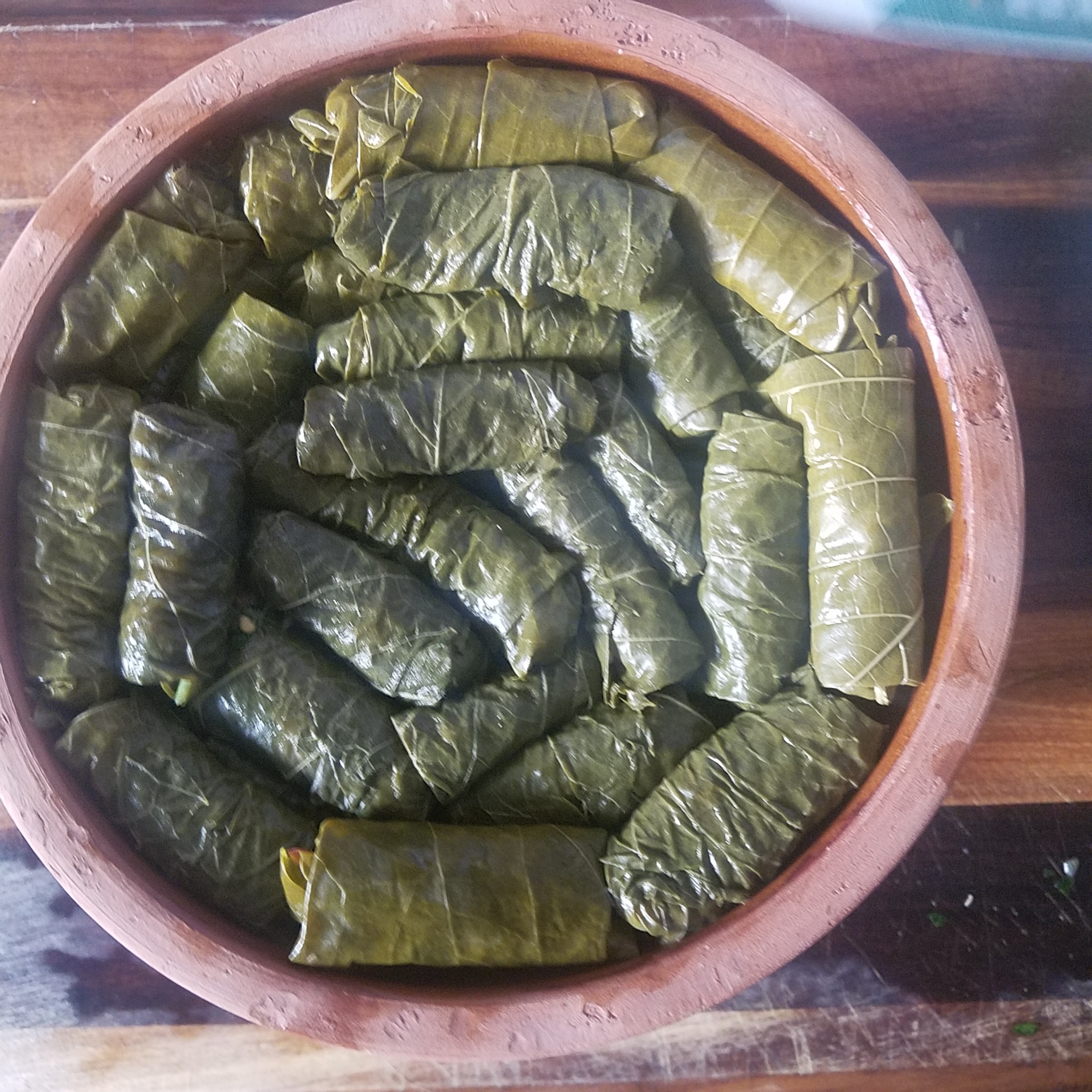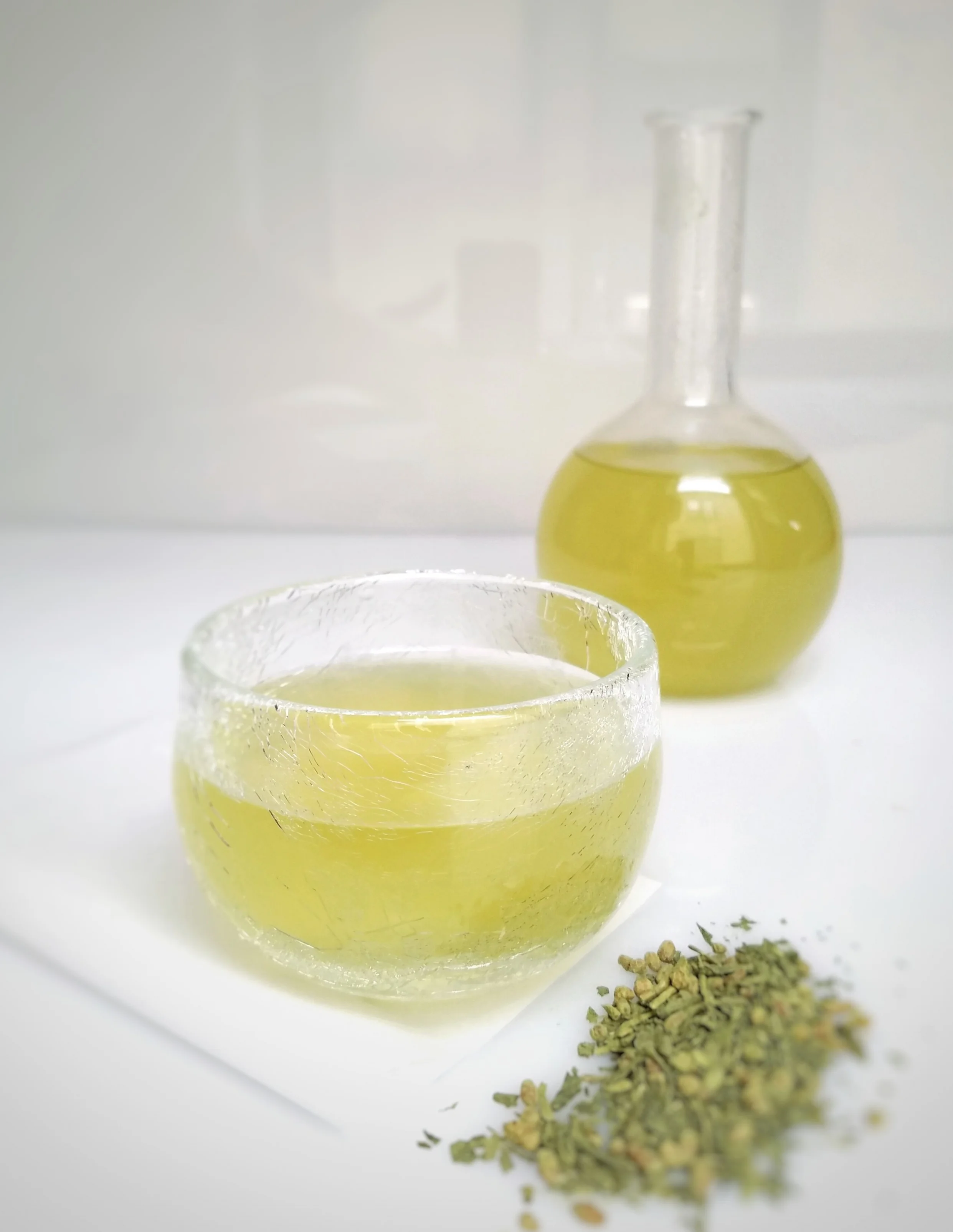Farmer liquor
/Makgeolli or “Korean rice wine” is the oldest alcoholic beverage in Korea. It is known as is a slightly sweet milky, off-white color 6-8% alcohol. It’s traditionally made using a blend of fermented rice (though other grains are commonly used), water and nuruk (:a fermentation starter) that provides microbial properties.
It was originally quite popular among farmers, so it used to called nongju (농주 / 農酒), which means farmer liquor. According to The Poetic Records of Emperors and Kings (Jewangun-gi), written during the Goryeo Dynasty (established in 918) , the first mention of the drink was in the founding story of the Goguryeo during the reign of King Dongmyeong. During the Goryeo dynasty, makgeolli was called ihwa-ju (pear blossom alcohol), as the liquor was made during the blossoming of that particular flower.
As it is an unfiltered beverage, makgeolli is generally shaken or stirred before being consumed, as the cloudy white portion tends to settle to the bottom, leaving a pale yellow-clear liquid on top. It is best served chilled. Adding to the experience is the ritual of drinking it from a brass or wooden bowl, which is often poured from a brass kettle.
Aside from the alcohol, the bulk of Makgeolli is pure nutrition. Other than the 80% water and 6-8% alcohol, Makgeolli consists of 2% protein, 0.8% carbohydrates, 0.1% fat and 10% dietary fiber, along with vitamins B and C, lactobacilli and yeast.
Makgeolli is unfiltered and contains high levels of lactic acid and lactobacillus bacteria 500 times the level in yogurt and dietary fiber. This helps to aid digestion, improve immune function and slow the aging process.










